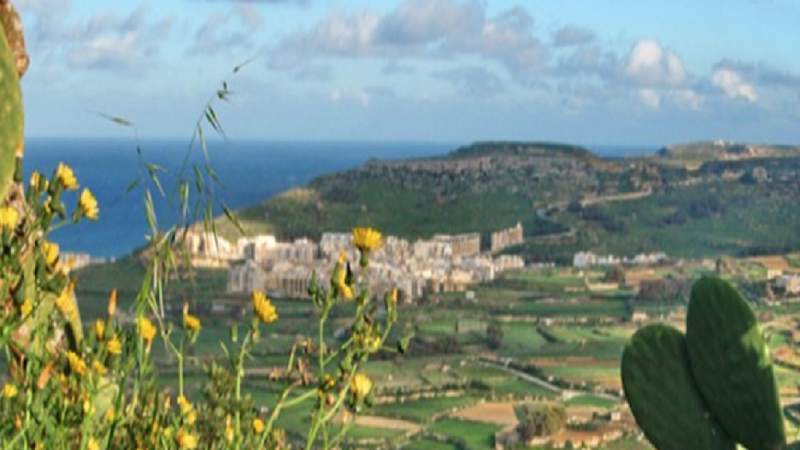The Partit Demokratiku is presenting a private members bill which if approved would plug a loophole which is presently paving the way not just for development at Zonqor but for scores of other developments in Outside Development Zones (ODZ).
Presently the Spatial Plan for the Environment and Development (SPED), which is the country’s most important planning policy states that ODZ development can only take place if this is not feasible within the development zone, after first considering already developed sites or vacant sites in the development zone.
Since ODZ land is cheaper to buy, it is inevitable that development located outside development zones is always deemed to be more economically feasible.
The sequential approach has already been tried and tested in a number of applications for ODZ old people’s homes. In all cases so far reports on alternative sites have concluded that the ODZ option is more feasible.
Moreover the word feasibility is not legally defined.
The PD wants ‘feasibility’ to be be substituted by sustainability which is legally defined to include environmental and social sustainability. In this way any ODZ development proposed and not just Zonqor Point, has to match a set of criteria to assess whether it is sustainable or not.
While the PN’s motion is more immediate and tangible; calling on the government to revoke the deed transferring Zonqor land to Sadeen for the American University of Malta, the PD is proposing a long-term solution which may prevent such developments from being proposed. And since the Zonqor development still has to be approved, by plugging the feasibility loophole, it makes it harder for the Planning Authority to approve the development.
The problem for the PD is that while people easily identify with environmentalists when a natural site or historic building is being threatened by development, they are less likely to fully comprehend policy issues. Therefore it is Zonqor itself which captures the public imagination.
In fact over the past years the government has revamped planning policies without finding much opposition. Therefore by focusing on the land grab in Zonqor the PN may score more political points than the PD.
However it would be inconceivable for the two parties not to support each other on both motions. Returning Zonqor to the public is as important as preventing scores of smaller developments in the countryside.
PD MP Godfrey Farrugia has shot down the PN’s motion describing it as populist and has expressed concern on the legality of annulling a deed in the absence of a breach of contract. But the motion’s primary aim should be that of piling pressure on government to renegotiate the deed. On the other hand the PN has no reason to oppose the PD’s motion.
The PD’s position is in line with the PN’s environmental policy approved in January 2017 which committed the party to amend the SPED to remove the ambiguity created by a clause which allows development on vacant ODZ land whenever this is deemed not feasible within development zones. If the PN fails to support it would simply be saying that it has backtracked from its commitments.
While the Forza Nazzjonali coalition has been disbanded voters expect consensus between opposition parties. The environment should be seen as a unifying factor not just between opposition parties, but also one binding both sides of the house. It is more than clear that even in Labour’s ranks there are many who do not feel comfortable with Muscat’s pro-development policies.
The PD’s motion although less punchy than the one proposed by the PN may offer the government an opportunity to backtrack from its anti-environment positions.
While government MPs may find it hard to break ranks on a Castille-backed project, they have no reason to reject a motion which raises the bar against ODZ development, something which many Labour voters resent. The PD’s motion can be summed up in one stand: those who want to make it harder for ODZ developments to be approved raise their hand.












